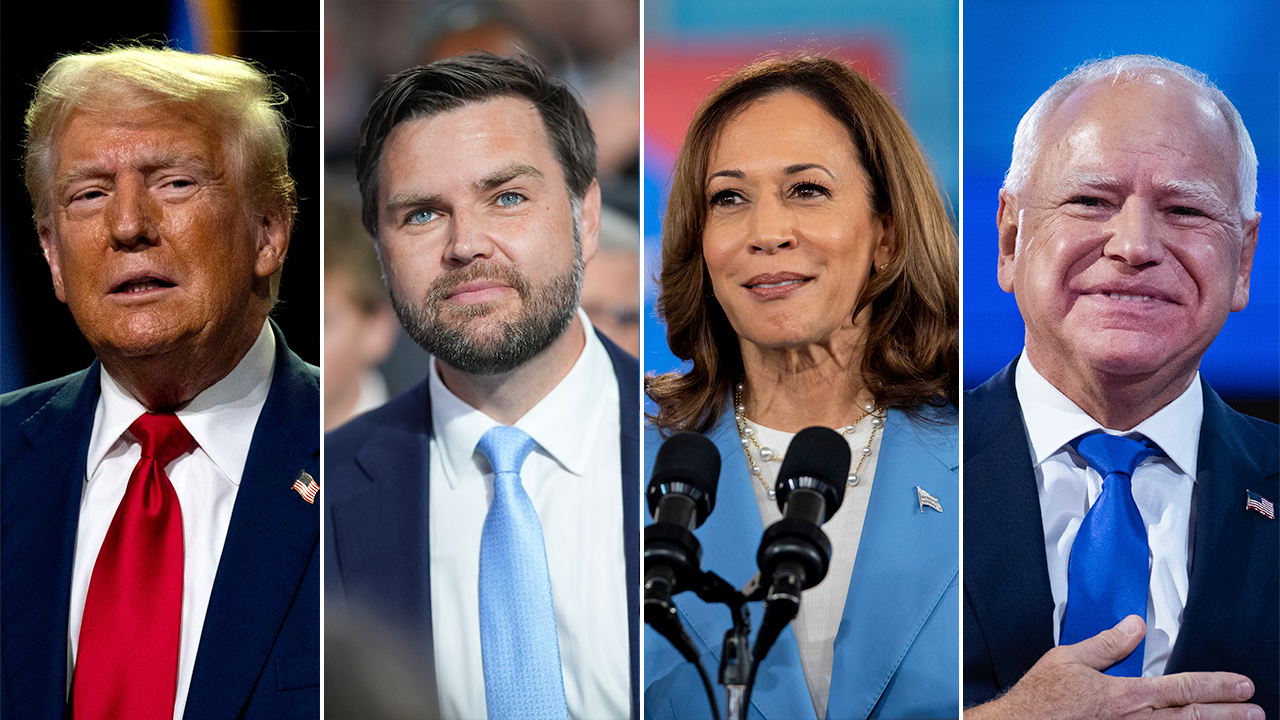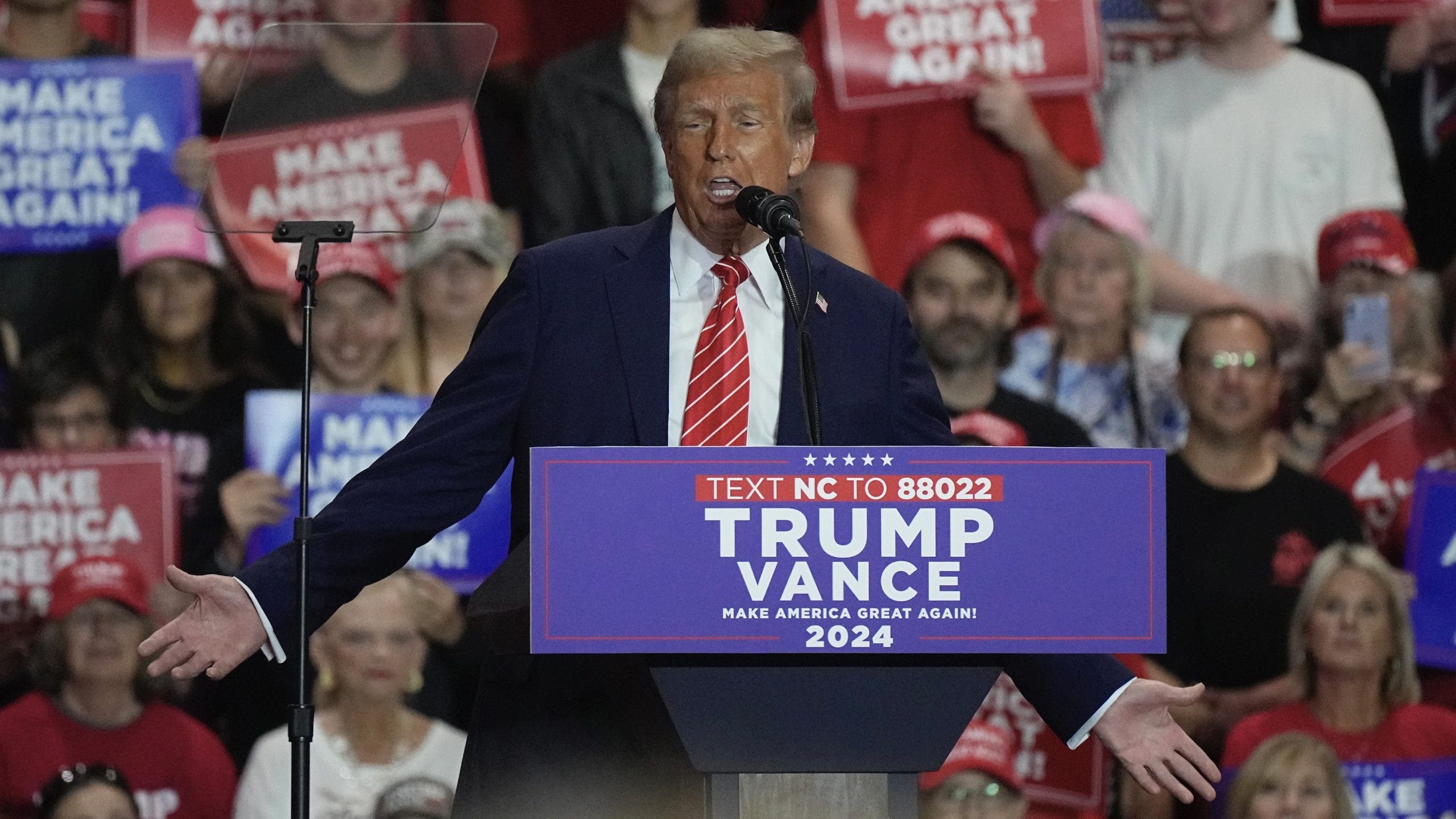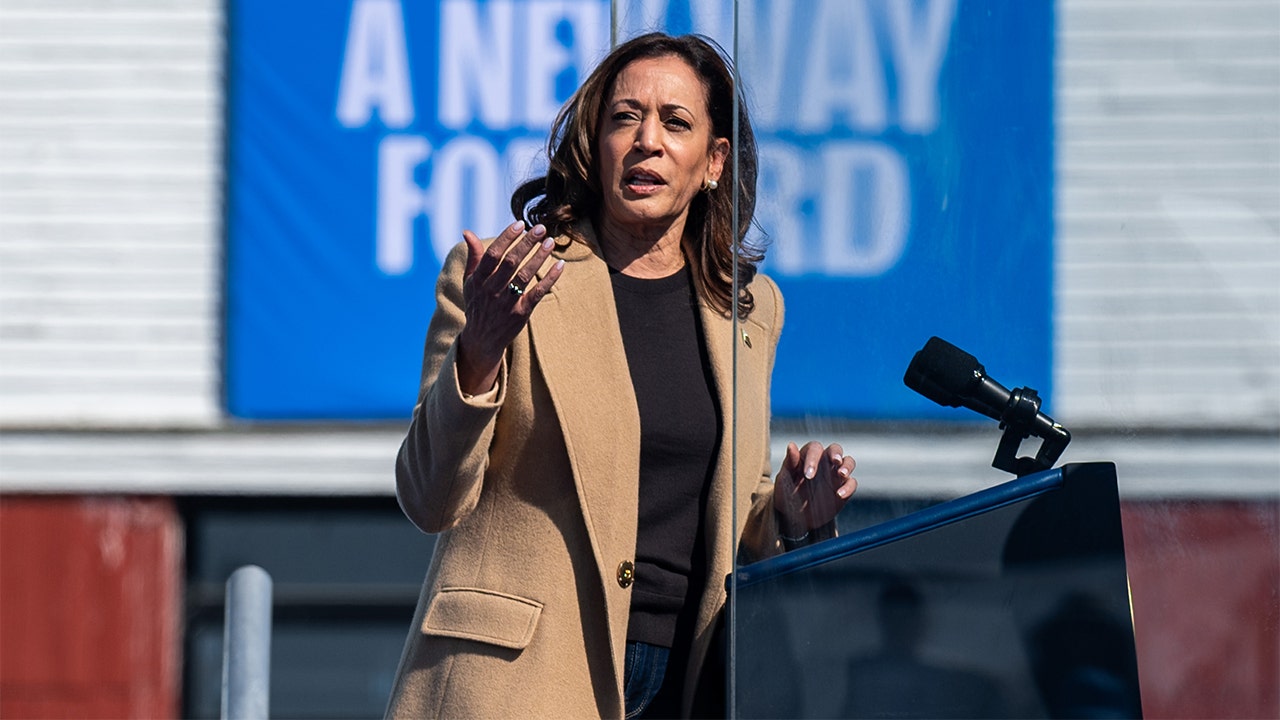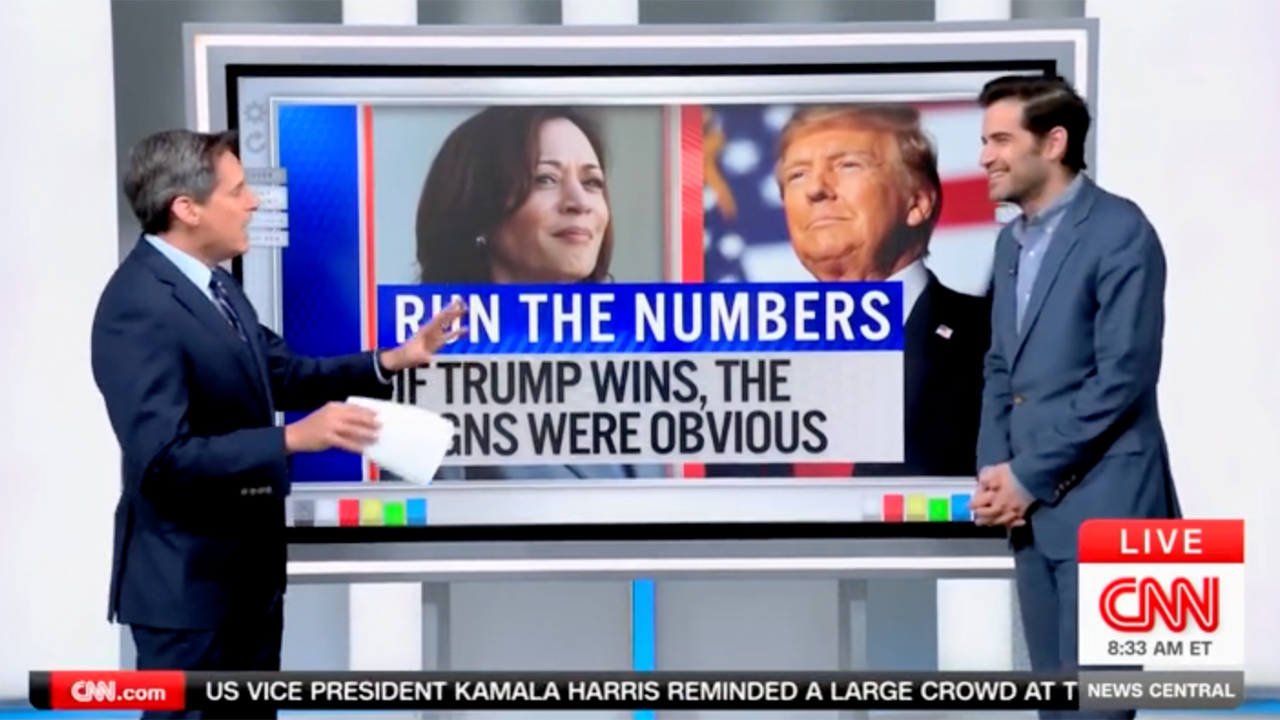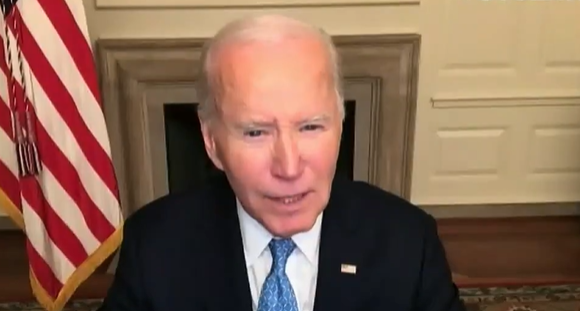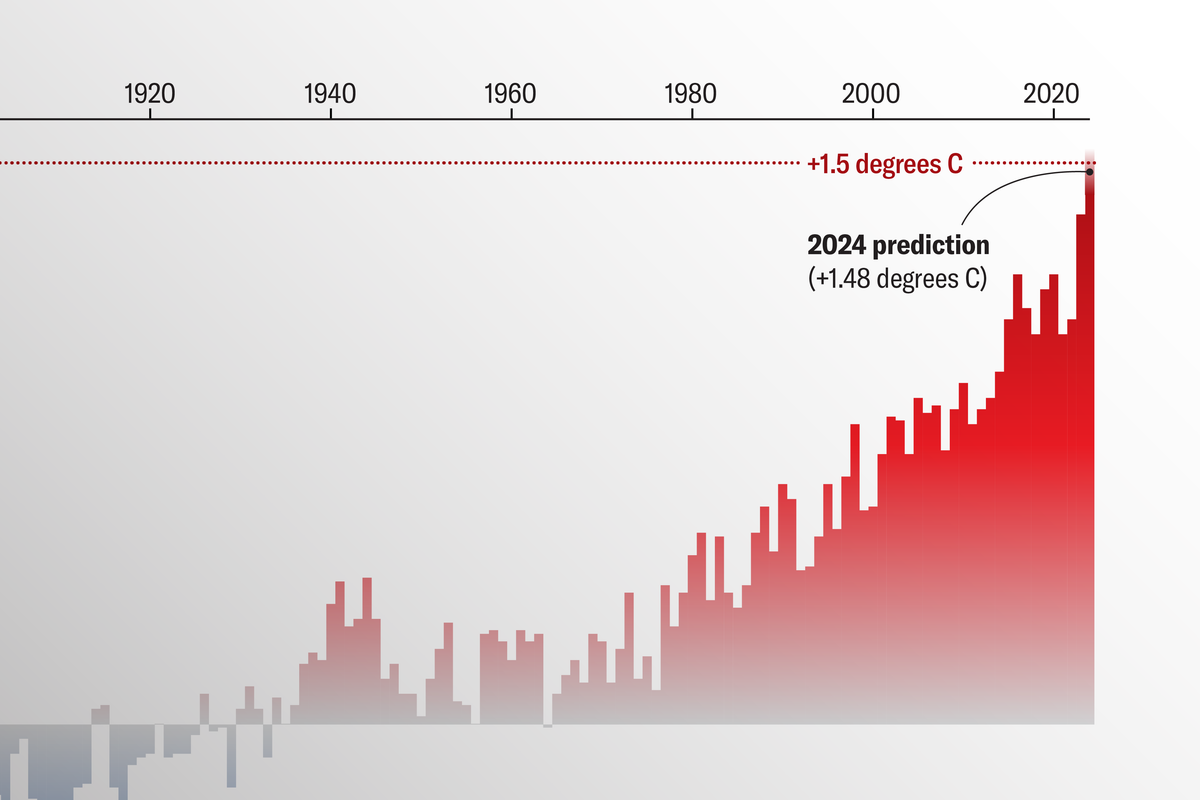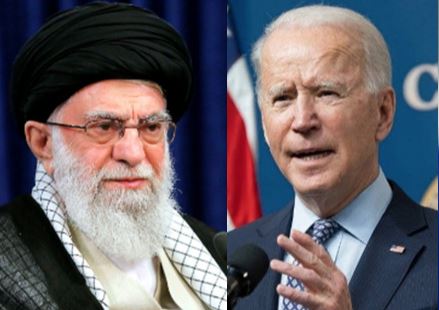
Biden’s actions with Iran are a disgrace. They are what one author describes as “Reverse American Exceptionalism”.
We’ve reported on Biden’s comical and sad actions in trying to get a deal with Iran. This effort was shocking. Biden gave Iran basically everything they wanted. These actions showed weakness and an anti-American bias.
Iran didn’t want to deal with Biden so Biden/Obama was forced to bring in an intermediary. They chose Russia. This was absolutely insane.
The Biggest Winner in Biden’s Iranian Nuclear Deal Besides Iran May Be Russia
A recent article at the Hudson Institute by Michael Doran describes Biden’s efforts with Iran as “Reverse American Exceptionalism”:
America’s military and economic advantages over Iran are incalculable. The United States also has allies, Israel above all, who would be more than willing to do the hard of work of deterring Iran from advancing toward a bomb if only they were certain that America had their back.
So again, we must ask: Why? Why is America making moves that seem nothing less than appeasement? What makes the Biden team so eager to cut a deal that guarantees a nuclear Iran? Why has the White House placed Moscow in the catbird seat in these negotiations? Why is it treating China as a key partner in the deal, even as China openly proclaims its intention to overturn the American-led world order? And why has Biden entirely excluded traditional allies, such as Israel and Saudi Arabia, from the negotiations?
The answer to these questions lies in something Mahmoud Abbaszadeh-Meshkini, a spokesman for the Iranian Parliament’s National Security and Foreign Policy Committee, recently said. “In the new world order, a triangle consisting of three powers—Iran, Russia, and China—has formed,” he declared on the eve of the Ukraine war. “This new arrangement heralds the end of the inequitable hegemony of the United States and the West.”
He’s right.
The Biden administration wouldn’t put it that way, of course. It continues to claim that it is dedicated to preventing the rise of Iran as a nuclear weapons power and to containing Iranian forces and proxies on the ground. But the ramifications of the deal are exactly as Abbaszadeh-Meshkini says: the undermining of American power. In the White House, however, the president and his advisors prefer to think of it as the heralding of a world based on multilateral partnership between Beijing, Moscow, and Tehran.
Indeed, at its deepest level, the Iran nuclear deal is an instrument for rejecting American exceptionalism—the notion that the United States is uniquely poised by history and geography to exercise leadership on the international stage—and for ushering in a post-American global order. It is only through understanding this worldview that it is possible to understand America’s confounding and seemingly contradictory moves on the world stage.
I’ve come to think of it as reverse American exceptionalism.
This is true. Biden/Obama’s actions with Iran are reverse American exceptionalism.

